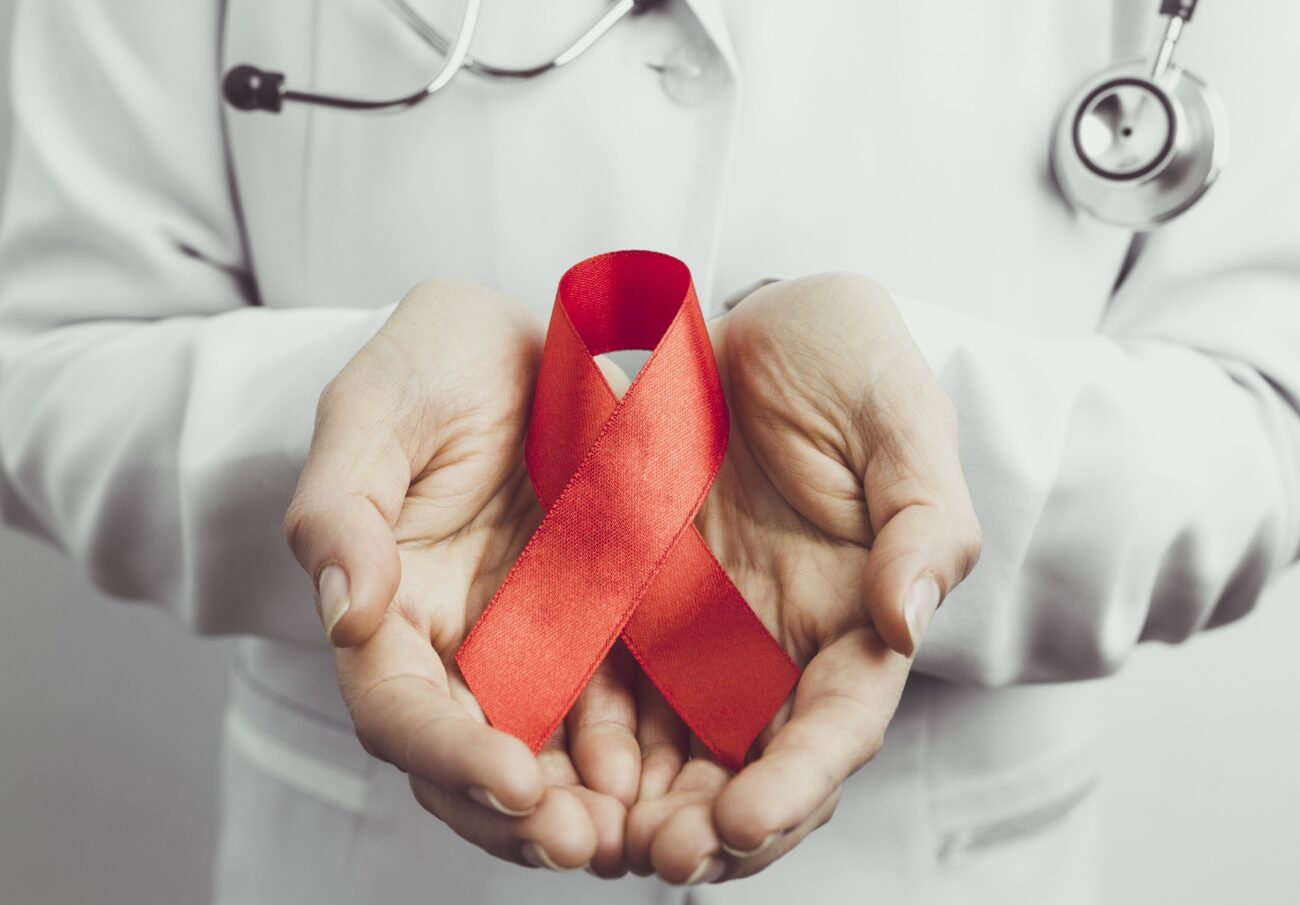HIV infection rate in the Caribbean sees decline
But COVID-19 risks blowing HIV progress way off course
A recent report by the Joint United Nations Programme on HIV and AIDS (UNAIDS) revealed that the new human immunodeficiency virus (HIV) infections in the Caribbean has decreased by 29 percent since 2010, while AIDS-related deaths have also gone done to 37 percent.
This is a great progress, according to the UNAIDS, since the incidence:prevalence ratio of the region went down to 3.9 percent in 2019 from 6.1 percent in 2010.
“Great strides continue to be made in the Caribbean towards the elimination of mother-to-child HIV transmission, with seven countries achieving revalidation,” the 384-page report said.
The report further showed that “the Bahamas and Barbados remain the only countries that have national programmes
providing pre-exposure prophylaxis (PrEP) through the public health sector.”
The Centers for Disease Control and Prevention defines PrEP as a method for people, who do not have HIV but who are at very high risk of getting HIV, to prevent HIV infection by taking a pill every day.
Meanhwhile, nongovernmental organizations are providing PrEP in the Dominican Republic, and it is available in Jamaica and Suriname through the private sector and pilot studies.
UNAIDS Caribbean Director Dr James Guwani, meanwhile expressed his concern over the coronavirus pandemic that has apparently slowed down the timeline for HIV/AIDS countermeasures in the region.
“We were not on track to meet the 2020 targets now; COVID-19 increases the crisis that may blow us off the course. The report urges us to leverage HIV leadership and lessons against this new pandemic threat,” Guwani was quoted as saying by the Jamaican Observer.
The recent UNAIDS report also said: “The COVID-19 pandemic has seriously impacted the AIDS response and could disrupt it more. A 20% disruption could cause an additional 110 000 deaths.”
Challenges ahead
The high levels of migration remains as an ongoing challenge for HIV responses in the Caribbean, said the report.
“Government health systems are also struggling to absorb programmes that are traditionally funded by international donors, including HIV prevention and key population focused initiatives. Innovative financing strategies are needed to
ensure sustained progress,” it added.
UNAIDS suggests that the Caribbean nations must scale-up effective strategies to ensure early presentation for antenatal care and continuity of treatment for pregnant women living with HIV. These should include those in poverty and those who are migrants or survivors of gender-based violence.



